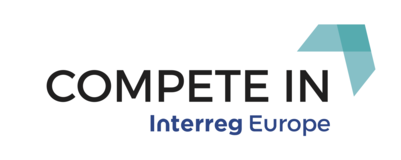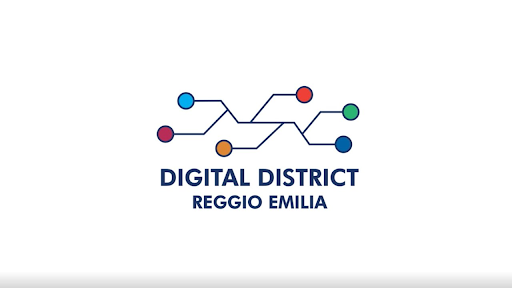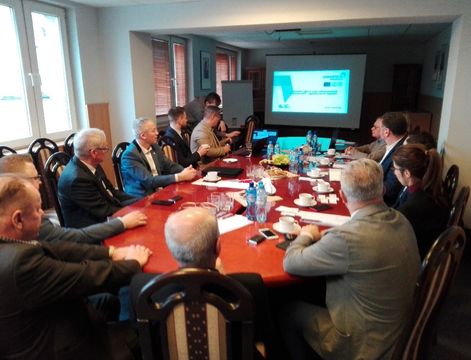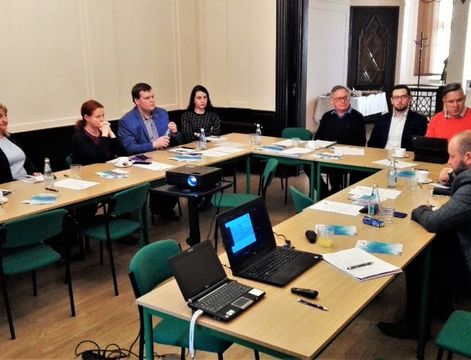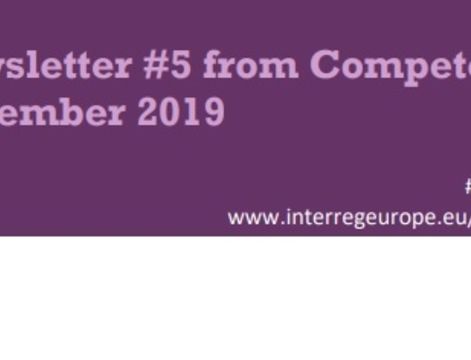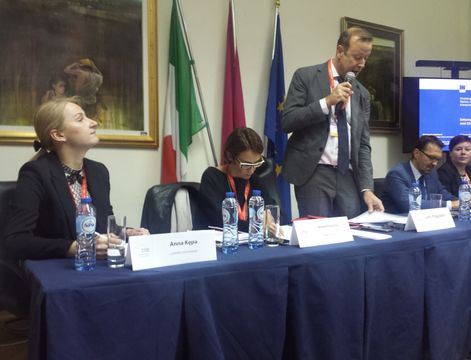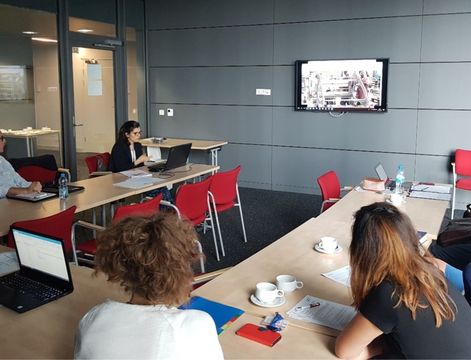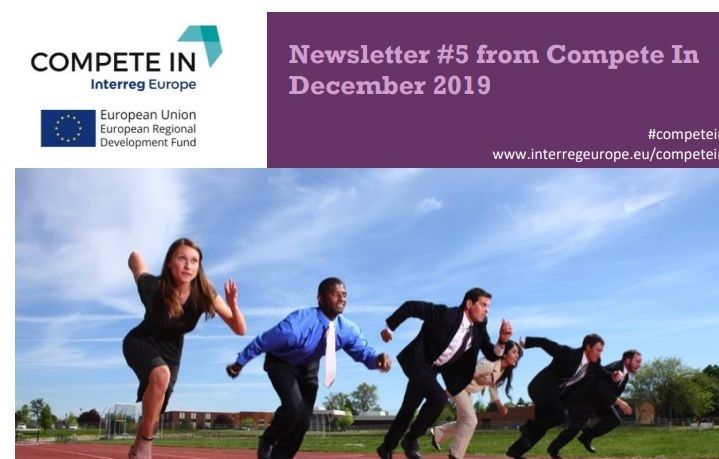Within the European Week of Regions and Cities 2018, 6 Partners, each involved in an Interreg Project, organized the Workshop “Internationalization of SMEs – Interreg Europe projects highlight their impact” to share their Projects’ perspective on the subject of internationalization of SMEs and interregional learning processes.
On the 9th of October 2018, at the Abruzzo Regional Office in Brussels, Southern England (UK), Donegal County Council (Ireland), Koprivnica (Croatia), Lubelskie Region (Poland), Reggio Emilia (Italy), Zala County (Hungary) illustrated to a wide audience in a sold-out event, their findings and shared their experiences about what has worked well and what could work better in their projects EIS, Compete In, UpGrade SME, and Clusters3.
After an introduction by moderator John Fitzgibbon, Head of Southern England Local Partners Brussels Office, a Keynote Speech was provided by Christophe Guichard, Team Leader – Cluster Internationalization at DG Internal Market, Industry, Entrepreneurship and SMEs who presented a range of EC supported initiatives consistent with the topic of the workshop. Several speakers gave their overview on what has been achieved to date and how the projects will make a difference. For EIS Project, Michael Tunney from Donegal County Council’s Local Enterprise Office reported on the extensive peer review process among Project partners leading to the identification of 16 good practices; Mateja Horvat Senior EU Expert from Koprivnicki Poduzetnik, Croatia, presented the recently developed GlobalEIStool and discussed on how to influence the design of business support within the ESIF programme in Croatia for 2021-27.
Andrea Enyingi-Kurucz, Lead Partner, Pannon Business Network, Zala County and Dr. Rita Szép-Tüske, Head of Department, Ministry of Foreign Affairs and Trade, Foreign Trade Development Department illustrated UpGrade SME Project and interviews to 328 SMEs across six Member States and 24 policy-makers about support for SME internationalization. The major points tackled were promotion, training, economic diplomacy and financing. For the Compete In project, Serena Foracchia, Deputy Mayor for International Affairs of the Municipality of Reggio Emilia highlighted the need for an ecosystem of business support excellence based on a territorial approach that should not just leave it to the SMEs individually to tackle internationalization but to the whole territory to act as a facilitator of internationalization processes. Anna Kępa, Regional Coordinator of CLUSTERS3, highlighted the benefits of inserting SMEs in global value chains and the development of tailor-made instruments to support SMEs.
The workshop produced clear outputs, as reported to the Committee of the Regions:
- interregional collaboration: it is highly valuable for regions to share best practices and approaches to common problems and this must continue under the 2021-27 Multiannual Financial Framework.
- towards a culture of internationalization: a greater prospect for success is offered by the development of an ecosystem within a whole-region approach to ensure more SMEs are aware of what support is available and are helped along the way in their pursuit of internationalization.
- innovation is synonymous with internationalization: SMEs that internationalize are by nature innovative in their thinking and, in most cases, their actions.
